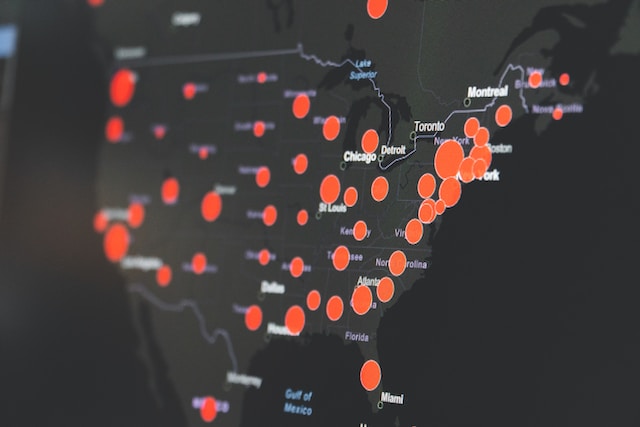Tehran: Israel struck Iranian state television IRIB during a live broadcast on June 16, temporarily disrupting the station after previously warning Tehran that it would “pay the price” for missile strikes on Tel Aviv and Haifa. These Iranian attacks resulted in the deaths of eight people.
According to Radio Free Europe Radio Liberty, the attack on IRIB, which is Iran’s only Persian-language all-news channel, occurred while a female presenter was on air. Explosions were heard, prompting the presenter to leave the camera as dust and debris filled the studio. She appeared unharmed, though no immediate information on casualties or damage was provided. Video footage showed a large fire and black smoke rising from the site.
The Israeli warning came amidst heightened tensions between the nations, overshadowing a Group of Seven (G7) summit in Canada. Earlier, Israeli emergency services reported that 23 people have died from Iranian attacks on Israel since June 13. These attacks followed Israeli air strikes on Iran’s nuclear and military sites. Iranian reports claim that Israeli actions have resulted in at least 224 deaths since the conflict began.
In Haifa, rescue workers sifted through rubble following Iranian attacks in the early hours of June 16, which injured over 100 Israelis. Similar strikes in Tel Aviv targeted residential areas, some near a US consulate. Israeli Defense Minister Israel Katz accused Iran of deliberately targeting civilians, stating, “The residents of Tehran will pay the price, and soon.”
Iranian Foreign Ministry spokesman Ismail Baghaei urged the United Nations to condemn Israel’s actions and accused the United States of complicity. President Donald Trump, on June 15, stated that the US is not involved in the conflict but acknowledged the possibility of future involvement. Trump emphasized continued support for Israel and urged Iran to negotiate on its nuclear program, suggesting that a deal is inevitable.
Amid fears of the conflict spreading, Yemen’s Houthis announced on June 15 that they fired missiles at Israel in coordination with Iran, marking the first public acknowledgment of joint operations with Tehran.
The escalation has led to the cancellation of US-Iran nuclear negotiations, initially planned for June 15 in Oman. Iran’s Foreign Minister Abbas Araqchi criticized the Israeli strikes, deeming further talks unjustifiable. However, he affirmed Iran’s commitment to diplomacy in discussions with European counterparts.
Despite claims that Iran’s nuclear pursuits are civilian in nature, Baghaei condemned the Israeli strikes as violations of international law and nuclear nonproliferation. Iranian lawmakers are contemplating withdrawing from the Treaty On The Non-Proliferation Of Nuclear Weapons (NPT).
In the initial strikes, Israel avoided targeting Iran’s energy infrastructure, but recent attacks reportedly hit fuel depots in Tehran and caused a fire at the South Pars gas field in Bushehr Province.

